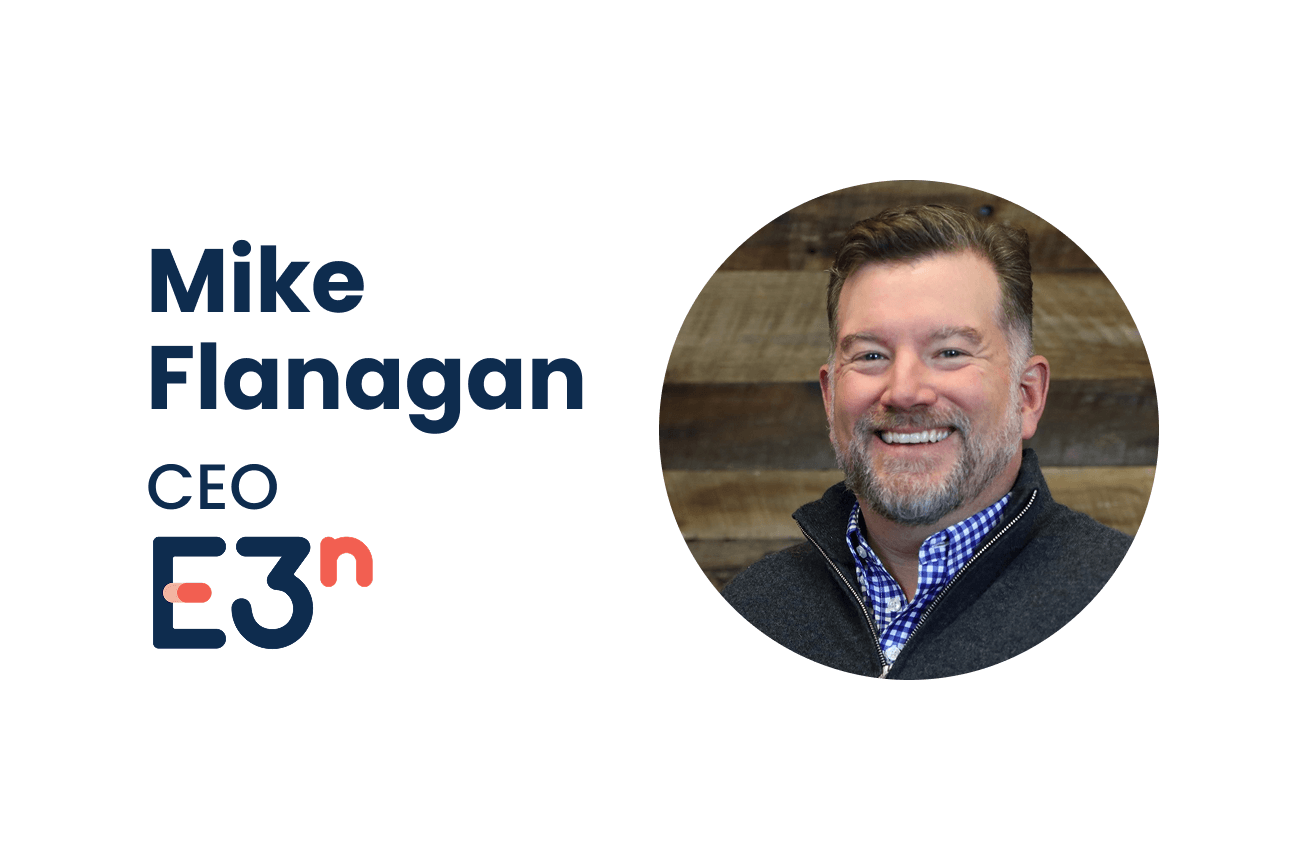Mentorship

By Carinne M. Barker. From The Yield, Winter 2014
In its basic form, mentorship is the development of a personal relationship in which a more experienced or more knowledgeable person helps to guide a less experienced or less knowledgeable person and offers them career guidance (at times), advice, and assistance. The person in receipt of mentorship may be referred to as a protégé, an apprentice, or, as is widely referred today, a mentee. In practice, it is so much more.
There are two types of mentorship programs: those that are formally defined and those that are informal. In fact, sometimes mentorship just happens. My experience was profoundly informal, and it even took me some time to realize that I was being mentored. David Erdmann, who served as dean of enrollment at Rollins College for nearly 30 years before his passing last October, hired me in my early 20s. Working in the Rollins admission office was my first “real job,” and I thought David was a tough boss. Despite this perception I had of him, I found myself hanging on his every word. David asked me a lot of questions—ones that made me think and rethink about the elements that shaped my day-to-day. This was his form of mentorship—teaching me to think critically through every situation, including my own thought processes, reactions, and actions. “Stick to your knitting,” David always used to say. He believed in doing your job and doing it well. Learn it. Know it. Love it.
There is a considerable body of research out there on what makes for effective mentoring and a multitude of organizations, initiatives, and programs focused on all types of mentoring— from community and youth programs to higher education and academia to formal workplace programs at Fortune 500 companies. One study conducted by the National Institutes of Health (Defining the Ideal Qualities of Mentorship, 2010) supports the conclusion that there are specific personal characteristics of effective mentors, such as altruism, being an active listener, having strong professional experience including networks of colleagues, accessibility, and “the ability to identify and support the development of potential strengths and skills in their mentees.” Surely, David exhibited all these traits. And, looking back, it was his mentorship that sustained my 25-year career in independent school admission.
Dr. Tammy D. Allen, Professor at the University of Southern Florida, is a leading researcher and expert on mentoring relationships. In a February 2011 presentation to the Center for Interdisciplinary Mentoring Research at Portland State University titled "Workplace Mentoring: Benefits and Strategies for Success", she notes that receipt of mentoring is related to higher compensation and faster salary growth, more promotions and higher expectations for advancement, higher job and career satisfaction, and greater career commitment. Allen also notes that the common objectives of mentoring programs are retention, enhancing performance/specific skills, succession planning/ career development, diversity development, and organizational socialization—with retention being the most common.
Our 2013 State of the Independent School Admission Industry survey revealed that only 54% of respondents expect to be in admission in the next five years. Professional attrition is a serious issue and one that only compounds other serious enrollment challenges facing independent schools today. Therefore, the Admission Leadership Council’s (ALC) ongoing interest in professional mentoring is a huge win for the community, and, just this past September, the ALC launched a Mentorship Initiative. The goal of this initiative is to offer first-time directors of admission the opportunity to be mentored by a veteran admission officer. The program allows mentors to work with their mentees throughout the admission cycle, and to share important—and timely—information relating to highlights in the enrollment calendar. Mentors answer questions, share insights, provide guidance, and help the mentee develop/refine leadership skills.
It is also important to note that Dr. Allen’s research addresses the benefits of mentoring for mentors—which is often overlooked in conversations on the topic. As she notes in that same presentation to the Center for Interdisciplinary Mentoring Research, mentoring others is related to stronger perceptions of career success, higher job satisfaction and organizational commitment, faster promotion rates and higher incomes, and personal gratification. In other words, those who serve as mentors are also more likely to excel in and be satisfied with their jobs. It is this scaffolding nature of the relationship between the mentor and mentee that will make mentorship a critical enrollment strategy for our schools.
Advisor. Master. Guide. These are all words that have been used to describe the role of a mentor. If you’re lucky, you can add “friend” to the list.




